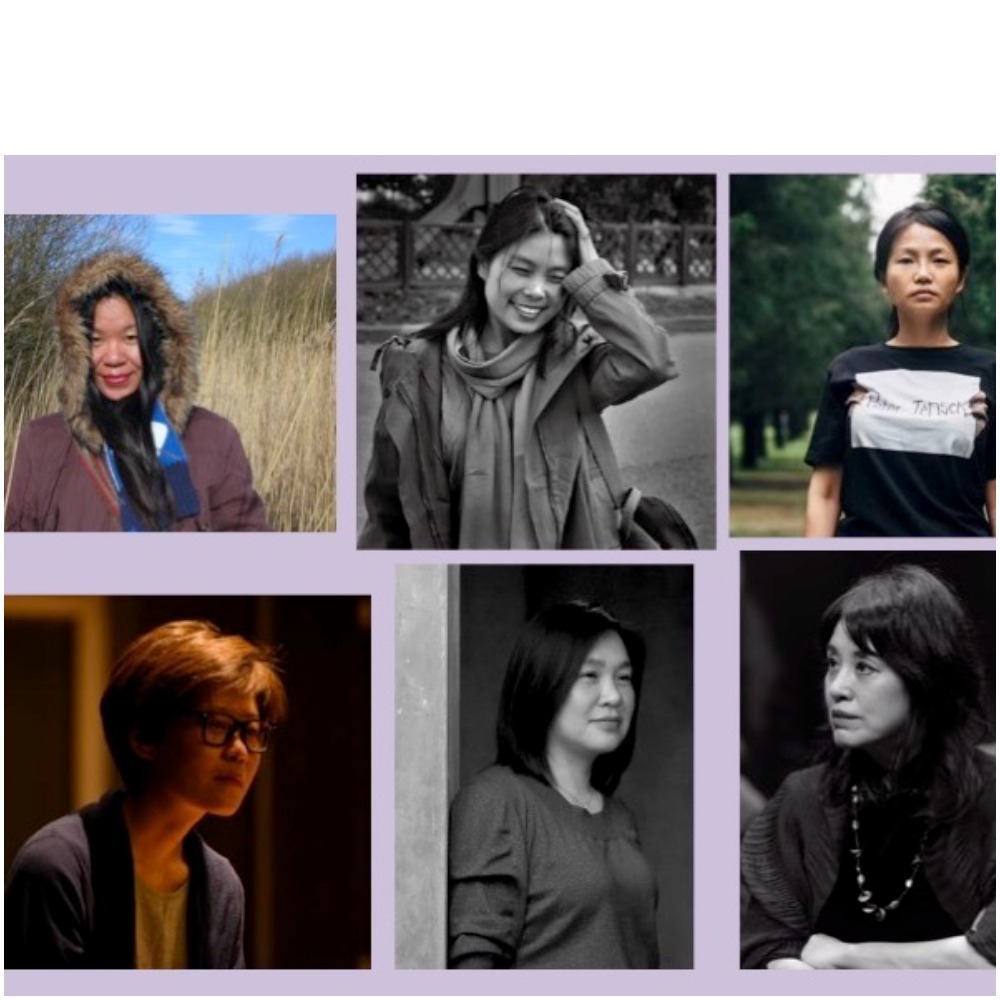Chinese Women Writers Speak

We're delighted to feature something a little bit different on our Bookclub this November and December. Rather than our usual featured author and story, we're highlighting a fantastic project from the translators Nicky Harman and Natascha Bruce (who have both been an indispensable part of our Centre!). The project involved interviewing Chinese women writers about their experiences of being an author in contemporary China, asking the questions:
Have things improved for women writers in the last 40 years?
In terms of reputation, income, influence and status, do women writers face gender discrimination?
Why do you think such a tiny number of women writers in China win the major literary prizes?
In China, male writers are referred to as writers, but female writers are almost always referred to as ‘women authors’. How do you feel about this?
On the Bookclub, Nicky has kindly provided some insight into the project and its aims.
I am a hands-on literary translator. I don’t normally do research. But two things encouraged me to start this project: I was in Chengdu and was chatting to the poet Zhai Yongming about Chinese women poets in 2019; and, also in 2019, Helen Vassallo, of Translating Women, invited me to her Translating Women conference. I decided to fire off some questions to women writers of my acquaintance. They, in turn, passed me on to other women writers, and the result was eighteen detailed responses, all of them fascinating, and three of them in the form of extended essays. I was struck both by the generosity and enthusiasm of these women’s responses, and the fact that they seemed rather surprised, as well as pleased, to have been asked.
And we're also grateful to Nicky and Natascha for allowing us to reprint the translation of an interview with poet Zhai Yongming, and to include the original Chinese as well.
You can read the complete set of interviews here on Paper Republic.
You can also find a separate interview, with science fiction author Tang Fei, on Words Without Borders here.
The real problem is that events that focus on female writers are often worse than useless: just token, box-ticking affairs. There is a feminist SF discussion at almost every conference, featuring female writers talking generally about their personal experience. What could be easier? You pull together a bunch of female authors who you can’t find a space for anywhere else, and call the topic feminism. No need for a more thoroughgoing or honest discussion about it. The organizers often lack the most basic understanding of these women’s work and are incapable of probing the underlying social causes and finding a way forward. After a few events like this, I got totally fed up. I am not interested in spending my time on stage griping and moaning. Talking about one’s personal life is not of much help in addressing issues that deserve more serious consideration. To be frank, female writers sitting together complaining simply reinforces stereotypes about women.
